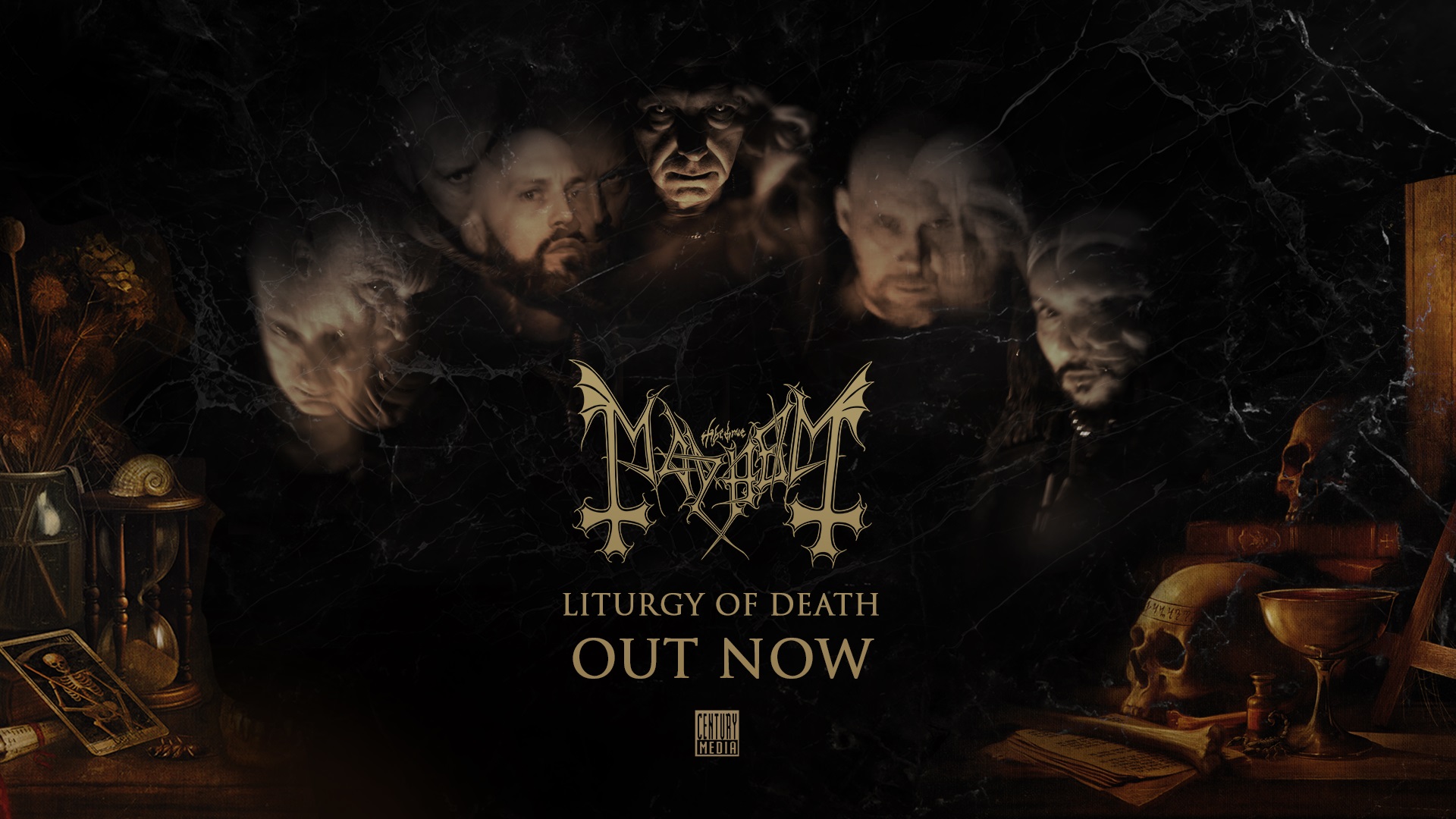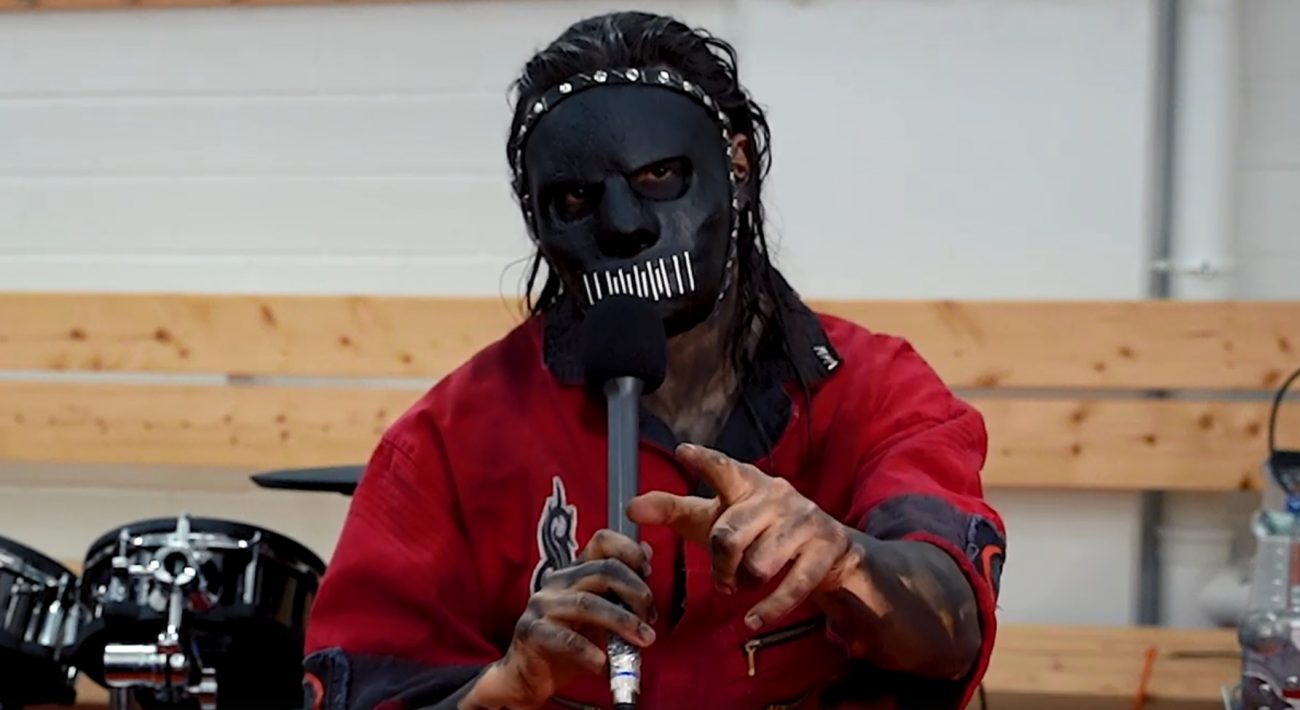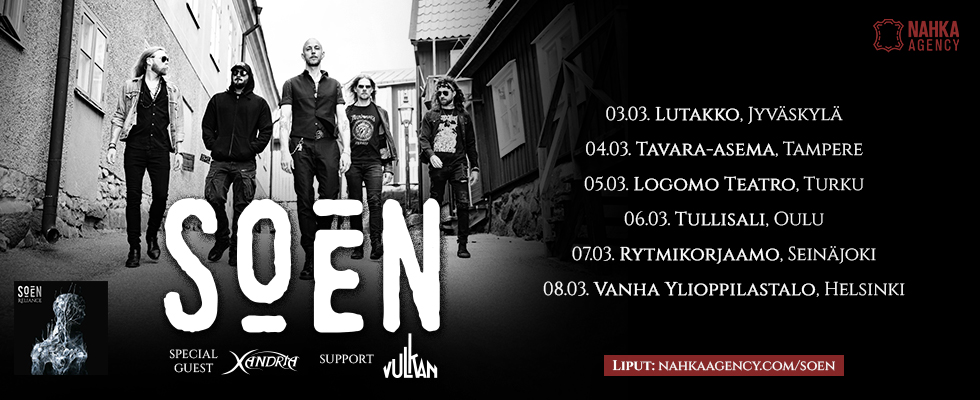Slipknotin Jay Weinberg liittymisestään bändiin Joey Jordisonin korvaajaksi: ”En tullut matkimaan tai jäljittelemään ketään, vaan tuomaan oman kädenjälkeni yhtyeeseen”
Yhdysvaltalainen metallijätti Slipknot päätti Euroopan-kiertueensa loppuunmyytyyn keikkaan Helsingin Hartwall Arenassa ennen koronaviruksen puhkeamista. Sen jälkeen bändi onkin ollut keikkatauolla ja perunut loput vuodelle 2020 kaavailemansa keikat. Nyt yhtyeen rumpali Jay Weinberg on antanut haastattelun espanjalaiselle The Metal Circus -sivustolle, jossa hän on kertonut ajasta, jolloin hän korvasi bändin alkuperäisen rumpalin ja perustajajäsenen Joey Jordisonin vuonna 2014. Jay kertoi ottaneensa suoraan oman paikkansa bändissä; hän ei tullut bändiin jäljittelemään tai matkimaan Joey Jordisonia, vaan tuomaan oman lisänsä yhtyeen musiikkiin. Jay kertoi liittymisestään seuraavaa:
”I wouldn’t say I was walking on eggshells. For me, I understood my role in the context of a band changing its dynamic dramatically, working on new songs without two of its founding members [drummer Joey Jordison and bassist Paul Gray]. That was huge for a band that had, at this point, existed almost 20 years or something. It wasn’t like walking on eggshells, ’cause I knew the role that I was coming in to play.
Artikkeli jatkuu mainoksen jälkeenMainos päättyyI haven’t been in this band as long as they have, so it was a lot of learning,” he explained. ”And still, to this day, I approach this band with open eyes and open ears, ’cause I think every day, I’m learning more and more. And every day, I think, as an invidual and perhaps as a collective, we get closer and closer to understanding the potential of what the band really has.
So, no, not walking on eggshells, because I had a lot to bring and a lot to prove — not to an audience,” he added. ”I didn’t concern myself with that, because I can’t control that — I can’t control how a listening audience is going to accept new SLIPKNOT songs that are my first songs playing with the band or whatever; I can’t control how anybody’s gonna react to that. But I had a lot to prove to myself, I had a lot to prove to my new bandmates, that, for whatever reason, they were drawn to my playing and that I was asked to be a part of their band for a reason.
I felt my role, I had to lead with confidence. I was, like, ’I’m here to play music with these guys, and they enjoy it, so I’m gonna enjoy it.’ And whatever role that is within the band, it wasn’t walking on eggshells, because I had to really… I had to really show up every day. And with time, that doesn’t change, but I had to show up every day and blow the doors off the place, or try to. I had to convey to my new bandmates that they made the right decision. And that’s something that I feel really strongly about to this day. I don’t take my role within the band very lightly — I take it very seriously — ’cause it means a lot to me, and I understand it means a lot to other people. Because before I joined this band, this band meant a lot to me. So I understand how SLIPKNOT’s audience perceives the band and makes it a part of their lives as well. So I understand that dynamic.
Artikkeli jatkuu mainoksen jälkeenMainos päättyyStarting with ’The Gray Chapter’ and then playing 200 shows and then working on another album that became ’We Are Not Your Kind’, and then playing however many shows we were able to play until we got forced to not play any more shows, I had to really bring my all every day,” Jay said. ”And so whether that’s working on new songs and giving my own kind of spin on what I can do within the framework of a SLIPKNOT song, that was important to me, because I’m not gonna emulate anybody, I’m not gonna try to be anybody else, ’cause that’s gonna come off as phony, that’s gonna come off as disingenuous. And I’m not interested in that, and my bandmates aren’t interested in that. So I think what we discovered was that there was a new, exciting sound that was existing in the dynamic between us, and that happened through working on songs that they had been working on before I came into the band, and then when we would work on things together as collaborations, that would bring about songs like ’The Negative One’ and ’Custer’, stuff like that. That was exciting.
I think it was the opposite from walking on eggshells. I think it was, like, ’I’ve gotta knock down the door every damn day.’ It was less pressure to be conservative about things and it was more pressure to be emphatic about things and to be, like, overly expressive, and to be, like, ’I’ve gotta convince you, my new bandmates, that you made the right choice.’ That was very important to me, and still remains important to me.”
Voit katsoa mielenkiintoisen videohaastattelun kokonaisuudessaan tästä:



